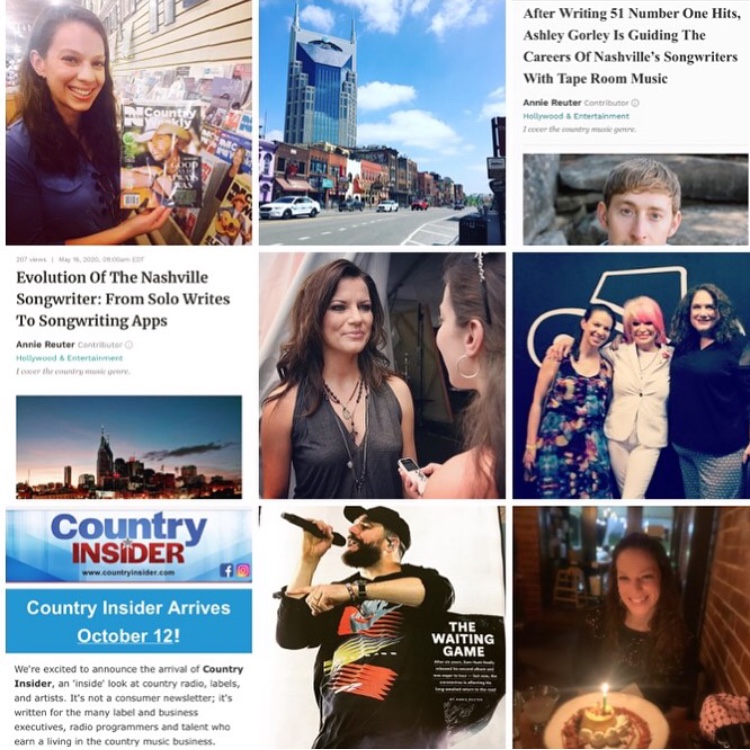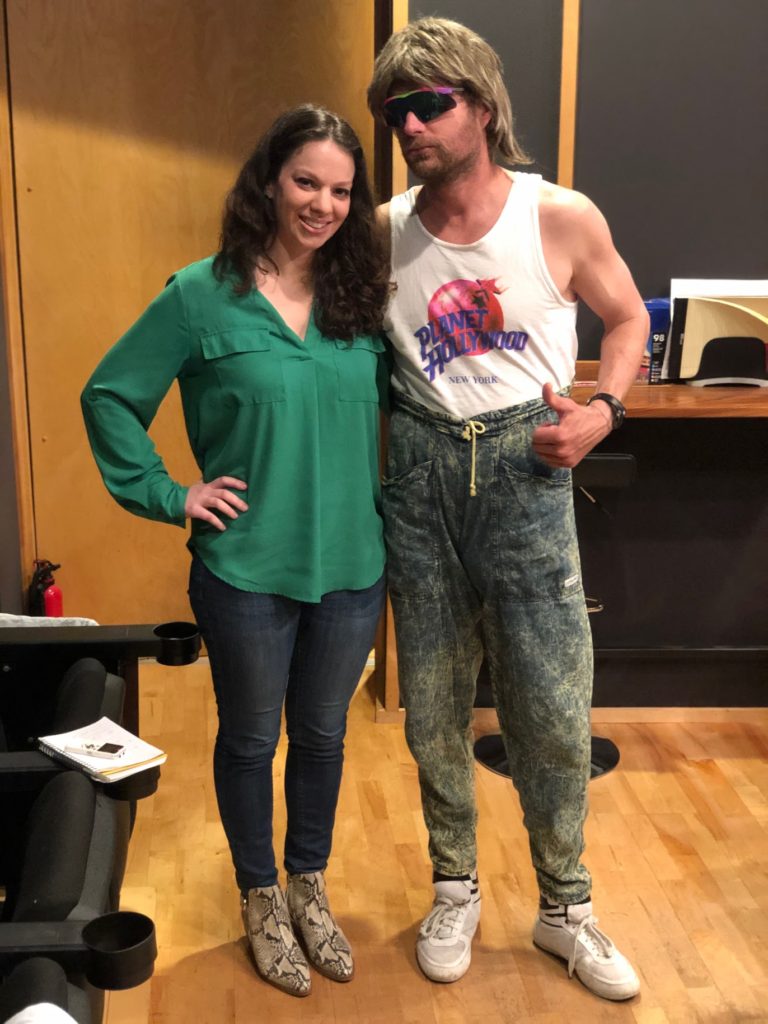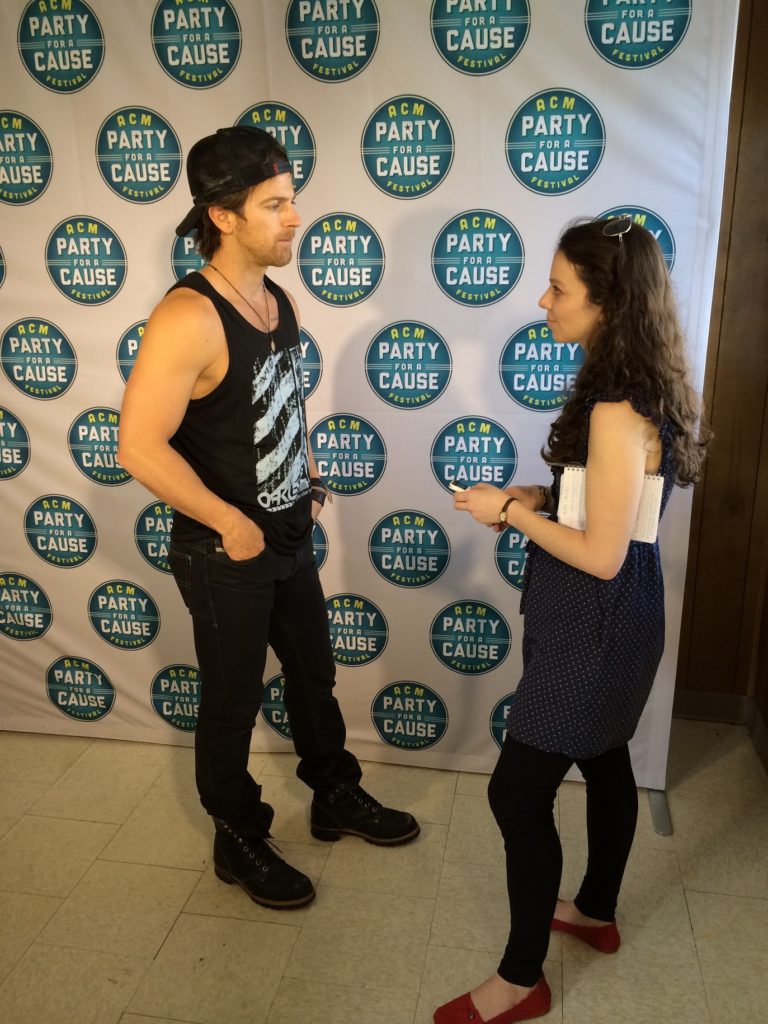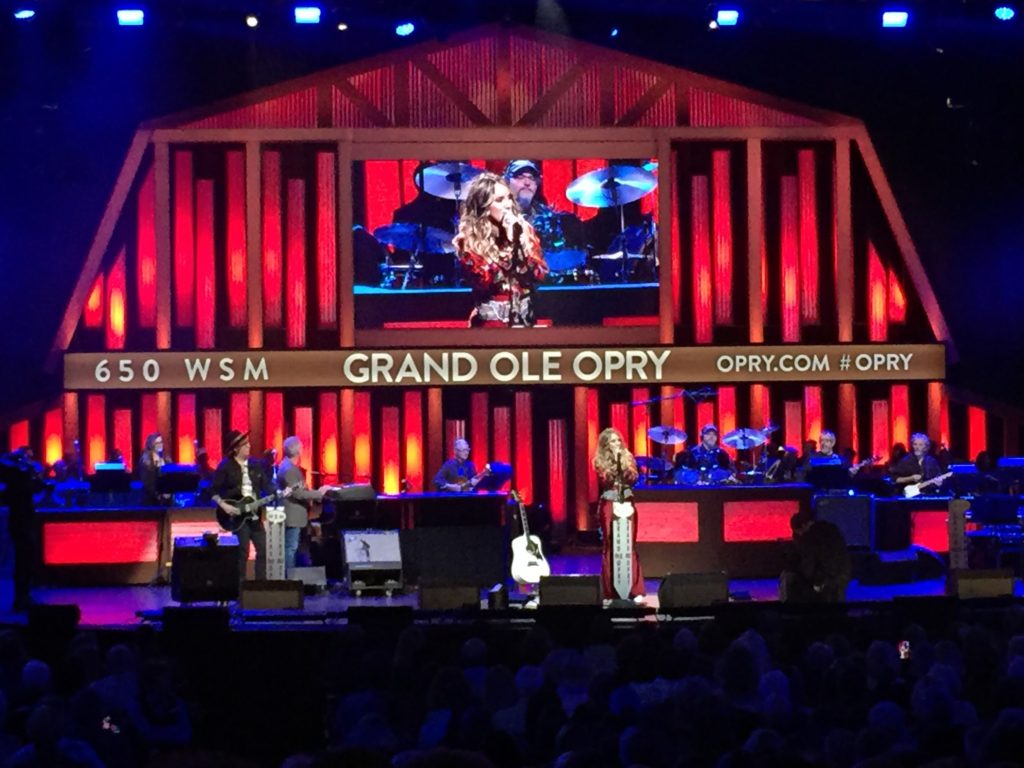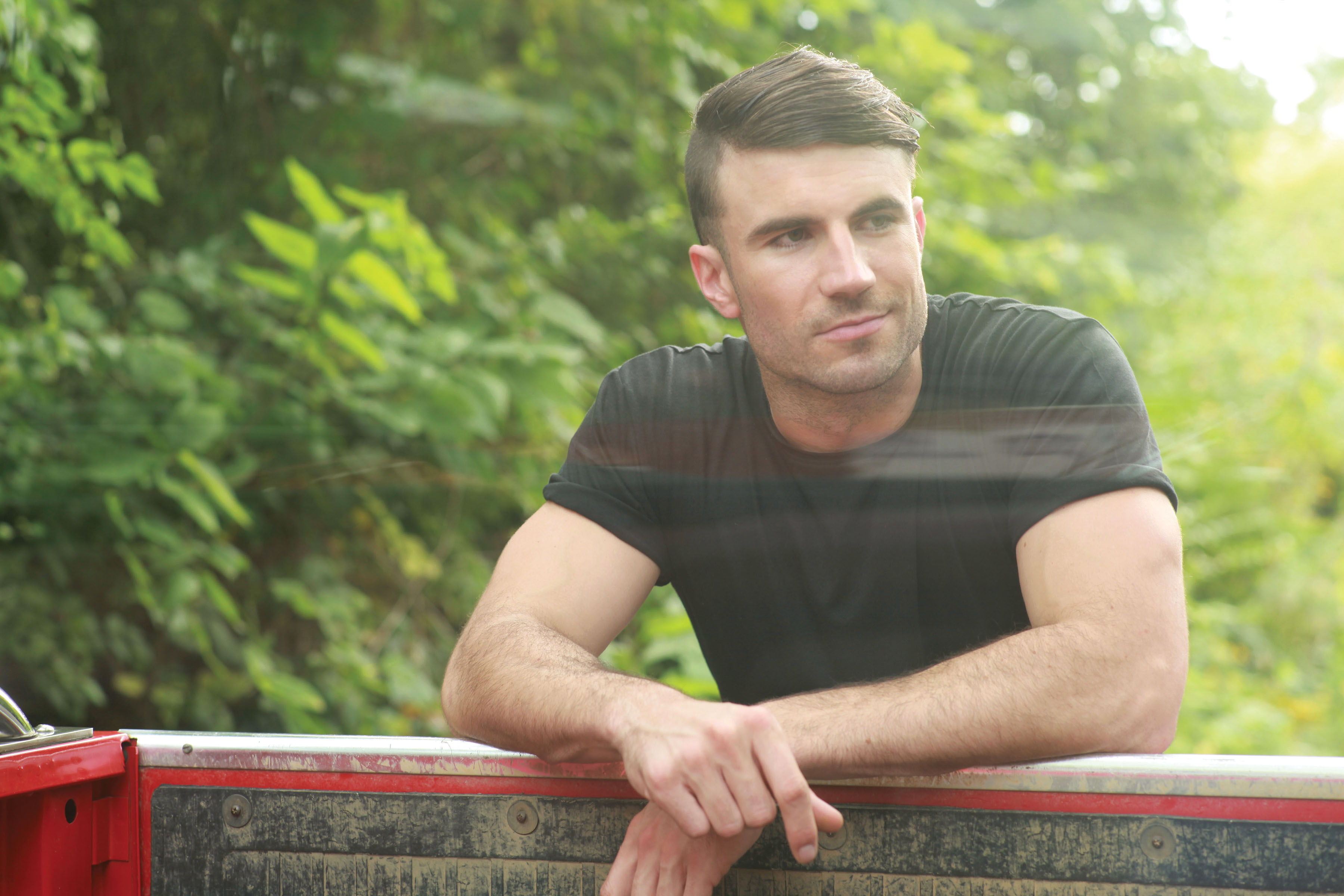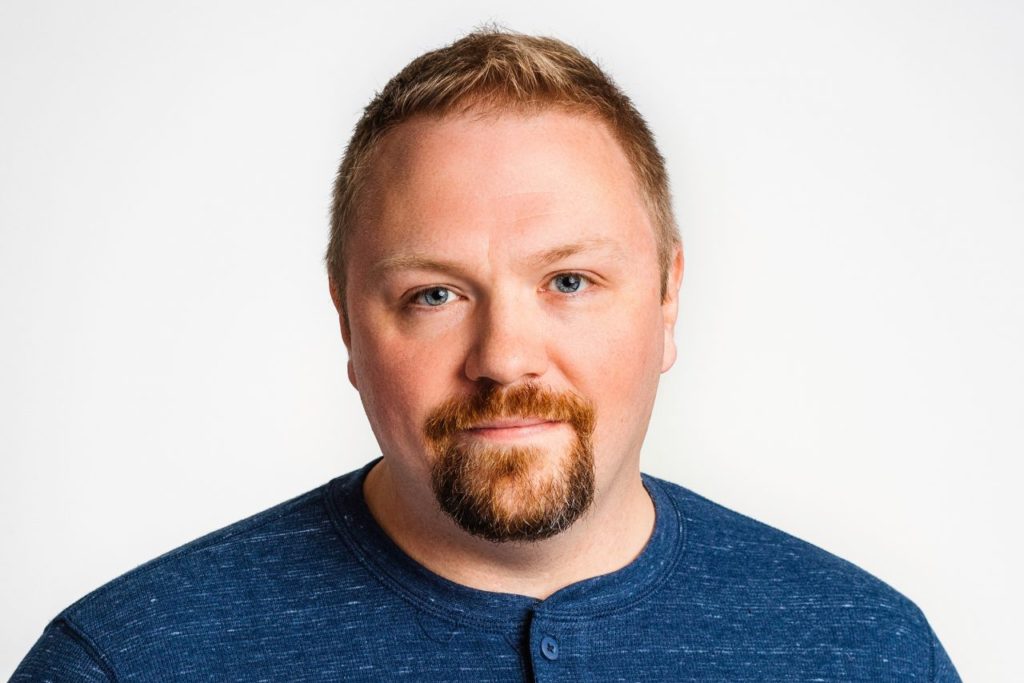
Josh Osborne was drawn to music from a young age. Growing up in Virgie, KY, his home was filled with the music of Phil Collins, the Beatles, Michael Jackson, Keith Whitley, Alabama and Randy Travis. He vividly recalls asking for a subscription to Billboard one year for Christmas and studied every name within the magazine’s pages. He soon learned the names of the songwriters, the producers and the people making the music he loved. At eight, Osborne began taking guitar lessons and by the time he was 12 his father encouraged him to start writing songs.
“My dad was a child of the ’60s, so he loved the Beatles and turned me onto the Beatles’ music,” Osborne tells me over the phone. “He said, ‘These guys were the greatest band of all time and they wrote all their songs. Maybe you should try writing songs.’ He bought me a Beatles tape set of all the Beatles’ hits. I got obsessed with it and was so drawn to how the words flow together and how the melody fits the words and how happy the music sounded. Even as a little kid I just wanted to write songs.”
That same year Osborne wrote his first song titled “The Shelter of Your Love.” He laughs as he remembers some of the lyrics. “I thought it was very poetic sounding for 12-year-old me,” he recalls. “The thing I remember about it now from an embarrassment point of view as a songwriter is I that I rhymed dove with love, which is very obvious.”
The more he listened to the Beatles, the more Osborne fell in love with the craft of songwriting. Country voices like Randy Travis and Keith Whitley left the biggest impact on him, and soon he fused his passion for songwriting with country music.
Osborne’s father noticed this passion and researched the Nashville Songwriters Association International (NSAI). He discovered there was a local chapter that met in Kingsport, TN, so he took his son when he was 13 and they listened to others talk about how they wrote songs and took part in song critiques. The following year they learned about a NSAI seminar in Nashville and attended. It was here that Osborne met veteran songwriter Terry Vonderheide. After Osborne performed a song, Vonderheide approached him and said he had potential. He then offered to write with Osborne the next time he returned to Nashville.
Pretty soon Osborne and his parents, both schoolteachers, would make monthly trips to Nashville. When school finished Friday afternoon they’d drive to Music City where Osborne began booking gigs Friday and Saturday evenings. On Saturday mornings he’d have a standing writing session with Vonderheide. The monthly trips turned into two and three weekends a month and one night while performing at Caffe Milano in downtown Nashville someone in the crowd recognized Osborne’s talent. Jerry Smith from Warner Chappell Music was looking for a young, up-and-coming songwriter. When Smith approached BMI’s David Preston asking if he had any recommendations, the executive suggested Osborne. Realizing he had just saw Osborne live, the pair met, and Smith offered him his first publishing deal.
“That was a lot of luck on my part and just good timing,” Osborne says. “For me first coming to Nashville when I was 14, it was about four years of coming back and forth before I landed a situation to where I could work here full-time.”
Osborne signed his publishing deal at the age of 18 and relocated to Nashville two days after he graduated high school in 1998. “I moved here and never looked back,” he says.
While he admits it was fairly easy to get a publishing deal in the ’90s, it took Osborne over a decade and several other publishing deals before he garnered his first major label cut with Chris Young’s “Neon.” The title track of Young’s third album, “Neon” peaked at No. 23 on Billboard’s Hot Country Songs chart in 2012. That same year he had his first No. 1 song with Kenny Chesney’s “Come Over.” Osborne penned “Come Over” with Shane McAnally, who he first met and began writing with in 2009 before becoming a partner and writer with his publishing company SMACKSongs in 2015, and a then-newcomer, Sam Hunt.
“That song was so experimental for its time. Sam has always been creative, inventive. He likes to take risks, likes to try things that are different,” Osborne says. “He came in and had that melody for the chorus but didn’t really have a hook. He was like, ‘Man, I wish we had something that lifted into this great chorus, but the verses were a little more not spoken, but more subdued and down.’ So, we started messing with it and we stumbled into the idea of the song being called ‘Come Over.’
“Originally the chorus ended with just the line come over. When we were putting the work tape down on that song at the very end of the work tape, as we’re doing the outro, Sam goes, ‘Come over, come over, come over, come over, come over,’” he recalls. “I stopped playing and I said, ‘What’s that?’ And he was like, ‘Oh, I just thought that’d be something cool to do for the tag. If you think it’s distracting, I won’t do it.’ Shane and I looked at each other and we were like, ‘No! That’s the hook. That should happen every time. The urgency of that should happen every time.’”
For more of my interview with Josh Osborne, visit Sounds Like Nashville.
